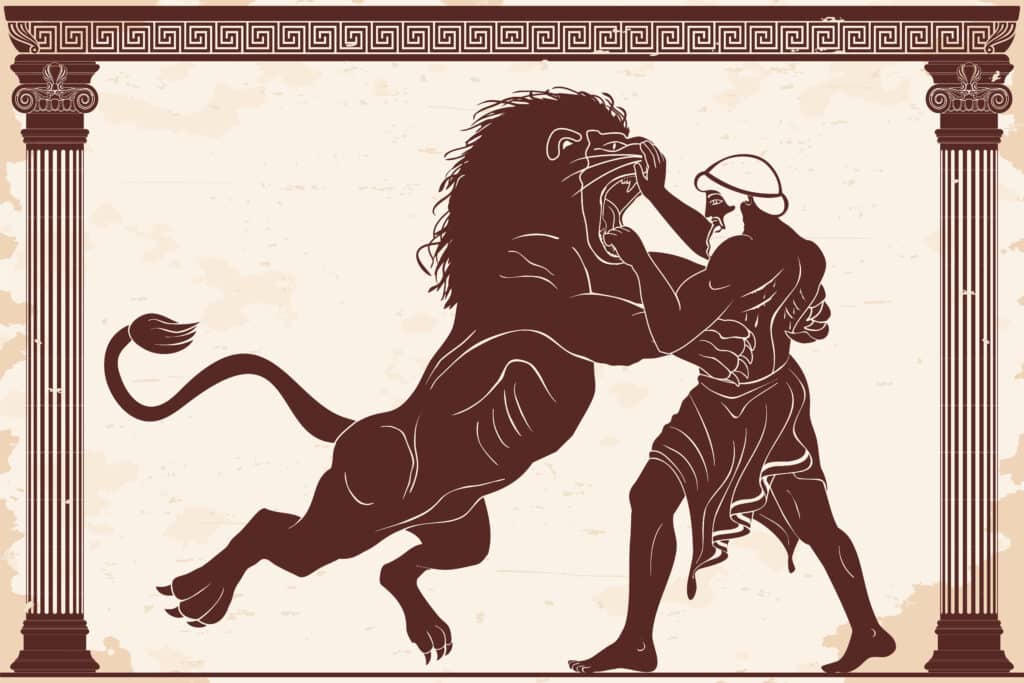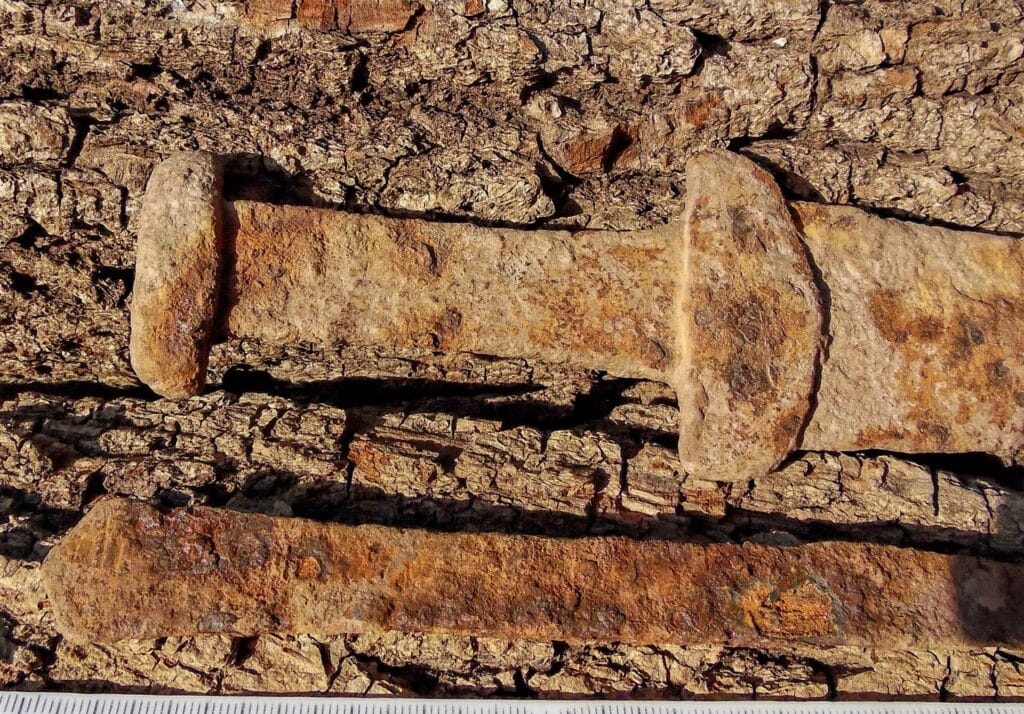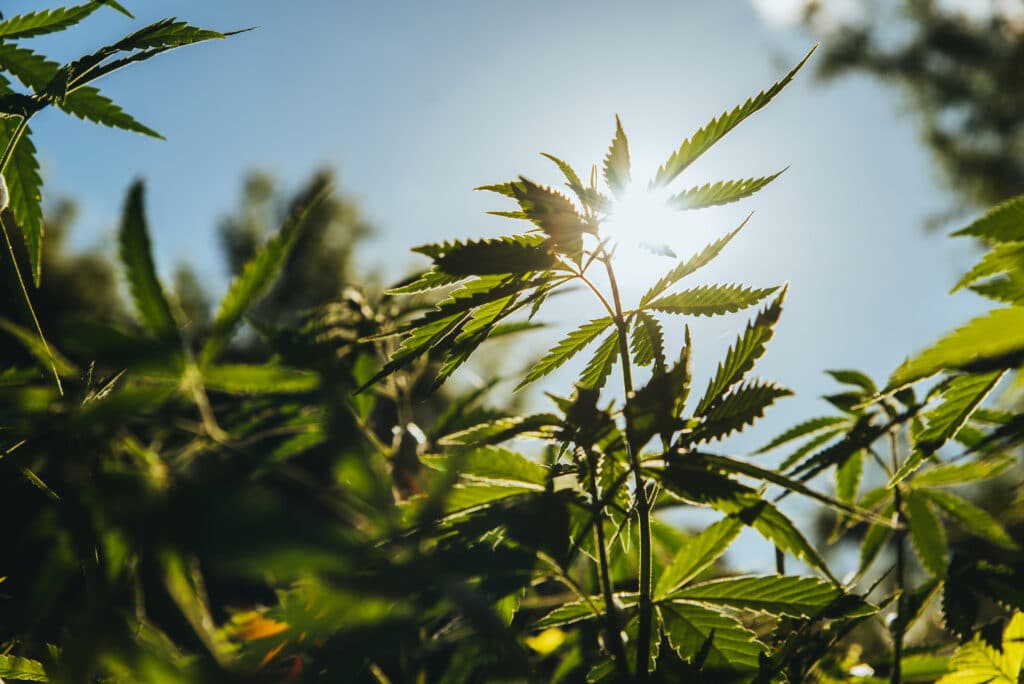Ancient Greece, one of the first classical civilizations and arguably the founding civilization of western culture. We owe many things to the ancient Greeks, democracy was supposedly first exercised in Athens, many medical advances were proposed by Greek doctors, such as Hippocrates (where the Hippocratic oath comes from), but what about the ancient Greek relationship with cannabis?
As part of our series on cannabis through history, we will unpick some of the scholarly thoughts on how ancient civilizations interacted with our favorite plant. Having already uncovered the Egyptian link to cannabis, it’s time to pop on a toga and walk to the Parthenon, discussing philosophy with Socrates, battle tactics with Leonidas and perhaps having a glass of wine with the god Dionysus. Join us as we uncover Ancient Greek cannabis culture.
Greek Mythology and the Gods
Ancient Greek culture has left an undeniable mark on western culture. Democracy, theater, the Olympics, but arguably one of its most famous legacies are the stories left behind by the ancient Greek poets and playwrights. Before we look at the ancient Greek connection with cannabis, let’s refresh your memories with some of the most famous tales from Greek antiquity:
Heracles

Often Romanized into the more famous name of Hercules. The son of Zeus and a mortal woman named Alcmene, Heracles became one of ancient Greece’s most famous heroes due to his superhuman strength and seemingly endless ability to conquer labors (12 in fact). He was eventually brought down by his jealous wife who, tricked by a centaur, dipped his shirt in blood leading to the shirt burning his skin. Unable to rip the shirt off, he ordered a funeral pyre to be built and for his slaves to burn him alive. What a way to go…
The Odyssey
The Odyssey was Homer’s second lengthy poem, after his smash hit the Iliad (chronicling the Trojan war). In the Odyssey we follow the Greek hero Odysseus as he treks across the Adriatic on his way home to Ithaca and his wife Penelope. Odysseus has to overcome an angry cyclops, witches, sea monsters to name a few obstacles in his way. Originally performed as a spoken poem, if you like your dactylic hexameter fresh, then this is the tale for you.
Arachne and Athena
Another classic myth is that of Arachne and Athena. Arachne was a proud weaver, one who could make fantastical patterns from wool. She was so proud of her abilities, that she challenged the Greek goddess Athena to weave off. Athena, believing she would wipe the floor with the boastful woman, accepted and appeared before the mortals to take up the challenge. When Athena was out-weaved by this ostentatious woman, she was so angry that she turned Arachne into a spider, doomed to weave webs for the rest of her life. Thats where the term arachnid comes from… the more you know.
Well, these myths all seem rather trippy don’t they? Superhumans, ogres, women turning into spiders. It’s not hard to imagine a group of ancient Greeks gathered round a fire, smoking on an antique bong and creating these vivid tales, but what is the relationship between cannabis and the ancient Greeks?
Cannabis in the Ancient Greek World
So what is the relationship between the ancient Greeks and cannabis? Was it even known by them? As with many scholarly opinions of ancient cultures and cannabis, due to the stigmas associated with the drug and due to the intervening thousand years of puritanical Christianity, there was an initial skepticism that the Greek’s even knew what the drug was. However, there are now many scholars who believe they had an intimate connection with the wonder plant.
The Greeks were well connected and had members of many ancient societies dwelling in their cities. Scythians and Egyptians were often found mixed in the melting pot of the ancient Greek world and both cultures were well known for their use of cannabis, so the academic position on the Greeks began to shift. People started looking for possible drugs mentioned in Greek records. Herodotus, one of the most famous historians of antiquity writes about the presence of hemp, a sister plant to cannabis, in his histories: Book 4.73, expertly described in T. F. Brunner’s paper on the Ancient Greeks and cannabis:

“Hemp grows in Scythia: it is very like flax; only that it is a much coarser and taller plant: some grows wild about the country, some is produced by cultivation: the Thracians make garments of it which closely resemble linen; so much so, indeed, that if a person has never seen hemp he is sure to think they are linen, and if he has, unless he is very experienced in such matters, he will not know of which material they are.”
Scythia is the area near to Greece, that included areas we now call Ukraine and southern Russia, but Scythians were present in Greek cultures and would have shared their knowledge. Herodotus seems to be clued up on the fibrous uses of hemp, but also mentions Scythian practices of heating up hemp and inhaling it. “The Scythians “throw the seed (i.e. of the hemp-plum) upon the red-hot stones.” The smoldering seeds create a vapor, and “the Scythians, delighted, shout for joy,”. Herodotus goes on to describe that these vapors were often inhaled during funerals and it seems clear from the ‘shouting for joy’ that the Scythians knew of the intoxicating powers of cannabis and so too, it is logical to conclude, would the Greeks.
Homer, the writer of the Odyssey and the Iliad may even nod towards the use of cannabis when he writes about Helen (of Troy) offering wine, mixed with a soothing drug called nepenthes to wounded soldiers in Troy. The drug quietens all pain and brings joy, apparently the drug came from Egypt, a culture that we already know has links with cannabis.
Cannabis and the Oracles
The ancient Greeks relied heavily on premonitions and prophecies. Oracles were women, chosen at a young age and taken to remote temples to be the voices of the gods. They would often enter a trance like state and bring words from the gods down to the mortals seeking advice. The most famous oracle was based in the city of Delphi.
Many theories have been put forward as to where the oracles gained their supernatural powers, multiple drugs have been posited as explanations and even the theory that the Oracle’s chambers were placed above geological cracks in the earth that pumped out noxious fumes. Some theorists argue instead that cannabis may have played a role. As described above, the intoxicating powers of cannabis were already described by historians like Herodotus.
Historian and poet Robert Graves once wrote of the Oracle’s preparation for prophecy saying: “the Pythoness (oracle) had an attendant priest who induced her trance by burning barley grains, hemp, and laurel over an oil lamp in an enclosed space, and then interpreted what she said… but it is likely that the hemp, laurel and barley were once laid on the hot ashes of the charcoal mound, which is a simpler and more effective way of producing narcotic fumes”.

It would make sense that these oracles would have gained their knowledge of the gods from a veil of cannabis smoke. However, more recent research seems to suggest that a natural occurring gas called ethylene may have been used instead of cannabis.
Asterion: the Greek god of Cannabis
When we think of the Greek gods, we think of Dionysis, god of wine and Zeus, the king of the gods filling the main seats of the pantheon. There are actually hundreds of gods mentioned in Greek myth, each with very specific roles. One of the most fascinating gods for this article is the relatively unknown Aterion, a river god of Argos. Asterion was also the name given to cannabis in some Greek sources.
Asterion, the river god flows through Argos and on its banks grew the plant, also named Aterion after the god himself. In a history, written by Pausanius, he describes how the plant was used to make Hera’s clothes: “On its banks grows a plant, which also is called Asterion. They offer the plant itself to Hera, and from its leaves weave her garlands”. That sounds rather clearly like hemp. Asterion also means starry, perhaps a nod to the starry leaf of cannabis. Something to think on.
Conclusion
To me it is clear, not only that the Greeks were well aware of cannabis’ medical properties, but that they also know of its psychoactive ones as well. These brainy ancients surely made use of the many benefits of cannabis and the evidence seems to suggest that cannabis was even used to help them speak to the gods. For more information, I ‘highly’ recommend a thorough reading of Theodore Brenner’s article, which perfectly summarizes the literary evidence discussed above. The Greeks, known for their many contributions to modern society seem to be connected to us in one other clear way, their fascination with that beautiful plant cannabis.
Hello readers. We’re happy to have you with us at Cannadelics.com; a news source here to bring you the best in independent reporting for the growing cannabis and hallucinogen fields. Join us frequently to stay on top of everything, and subscribe to our Cannadelics Weekly Newsletter, for updates straight to your email. Check out some awesome promos for cannabis buds, smoking devices and equipment like vapes, edibles, cannabinoid compounds, amanita mushroom products, and a whole bunch more. Let’s all get stoned together!









